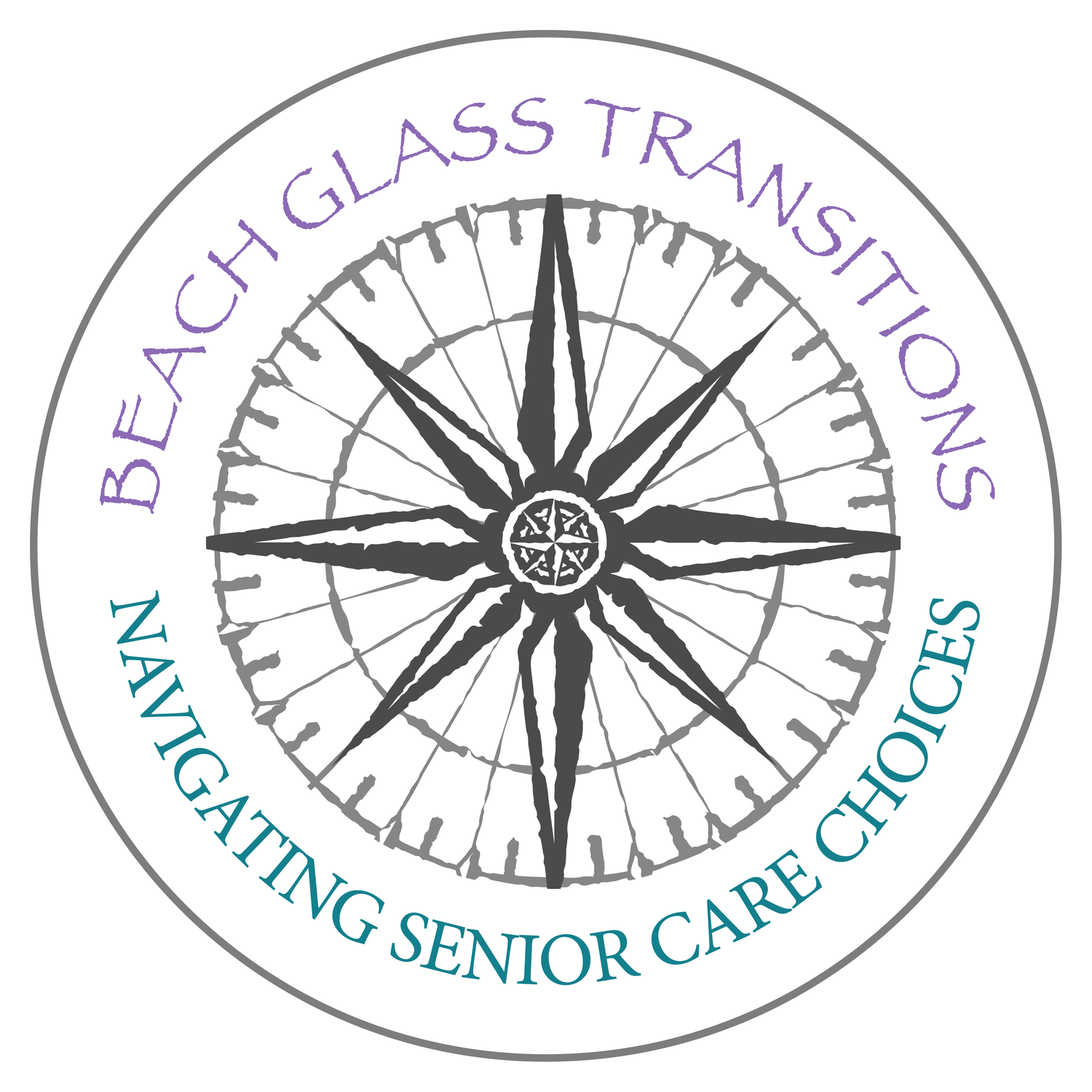Memory Care
/Overview
Memory Care within Assisted Living Communities provides dementia specialized assisted living care to meet the unique needs of people living with dementia, including Alzheimer’s Disease. Sometimes care is delivered in a separate Memory Care specific unit within an Assisted Living Community; other times communities offer a Memory Care Program to residents who are mixed in with the general population of the community.
Memory Care units generally have smaller populations of residents and have a higher caregiver-to-resident ratio than commonly found in general Assisted Living settings. Also these units offer therapeutic activity programs specifically designed to support and nurture individuals with memory impairment. Many units are “secured” with locked doors to keep the residents from leaving the facility unattended. This is an important safety element for seniors with dementia who may have a habit of wandering or exit-seeking.
Room types on Memory Care units vary from shared rooms to private studios (without kitchens). The communities have public areas and serve meals in a public dining room just like other Assisted Living Communities. Days are divided into regular schedules, and most of the resident’s time is filled by a meal or activity. Many have outside courtyards that are secure, but allow the residents to enjoy being outside and to get fresh air. Staff is available 24/7, but a nurse may not always be onsite.
Best Suited For
Seniors with dementia who need management, supervision, cueing, and who could benefit from therapeutic or socially stimulating programing. These seniors can usually physically perform some Activities of Daily Living (ADLs), but require reminders and cueing to do them. It is especially appropriate for seniors with a history or risk of wandering or for those who exhibit exit-seeking behaviors.
Costs
Memory Care programs cost roughly $700-$2500 more per month than a general Assisted Living Community. In New Hampshire, where the average cost of AL is $4,000 per month, you can expect Memory Care to cost roughly $4,700-$6,500 per month. In Maine and Massachusetts, Memory Care costs run roughly $5,200-$7,000 per month.
Advantages
High Staff ratios and a well-trained staff that understands how to respond to the unique challenges of dementia.
A safe and sometimes secured (locked) environment, good nutrition, and medication management.
A consistent routine - often people with dementia experience less confusion and happier moods once settled into a routine.
Therapeutic Activity programing that is appropriate for folks suffering from cognitive decline and who, despite this decline, deserve the dignity and respect that their age would otherwise command. Memory care staff are trained to provide that dignity and respect.
Disadvantages
Expensive and the initial transition may be traumatic for the person with dementia.
Some residents do not need secured locked doors to prevent wandering. Some people might not like that doors are kept locked.
For people with early stage or moderate dementia, they may be at a disadvantage living in a community with residents with advanced dementia, and locked doors.
Special Note on Memory Care in Nursing Communities
Secure Memory Care units or Memory Care programs within communities also exist in Nursing Care Communities. These programs are more appropriate for seniors whose behaviors require constant support and supervision, such as behaviors that threaten their safety or the safety of those around them. Alternatively, some seniors living with dementia require Nursing Care for unrelated chronic medical conditions and, therefore, are suited to Memory Care in a Nursing Community.
In these units, individuals have less privacy and are more closely monitored than with any other care level. Doors and elevators are alarmed, and residents may have personal alarms on them to alert nurses if they attempt to leave or undertake a physical challenge that may be a danger to them, such as trying to stand, having forgotten that they have suffered from a hip injury. These units have frequent visits from specialists who are trained in addressing the residents’ psychological needs.
Insider Tips: What to Look For
Start by making a list of the medical, financial, and social concerns for your loved one, then add to that the questions you have regarding the community. Do your homework online first and find out as much information as possible regarding the reputation, state reviews, and ratings of each community.
When you have narrowed your list, visit multiple residences for comparison. Ask to see the activity schedule, and ask what activities are catered specifically to the health of the patients’ cognitive function. If you are looking for a secured unit, ask what kind of security procedures are in place. It is ideal to find a setting that also includes a secured outdoor space.
Ask about available psychiatric services and speak with as many staff members as possible. This will help you get a sense of the professionalism and personalities of the staff. Ask about the type of ongoing dementia training the staff receives, as new developments in this field occur frequently. Also ask about the turnover rate of employees, as this gives you an indication of staff morale.
Memory Care is high in demand and low in supply, so availability can be scarce. As you plan, be prepared for waiting lists. As with all situations where cost and availability are significant hurdles, you may want to consider consulting a Senior Care Advisor to guide you through this process and help locate the best available care for your loved one.

